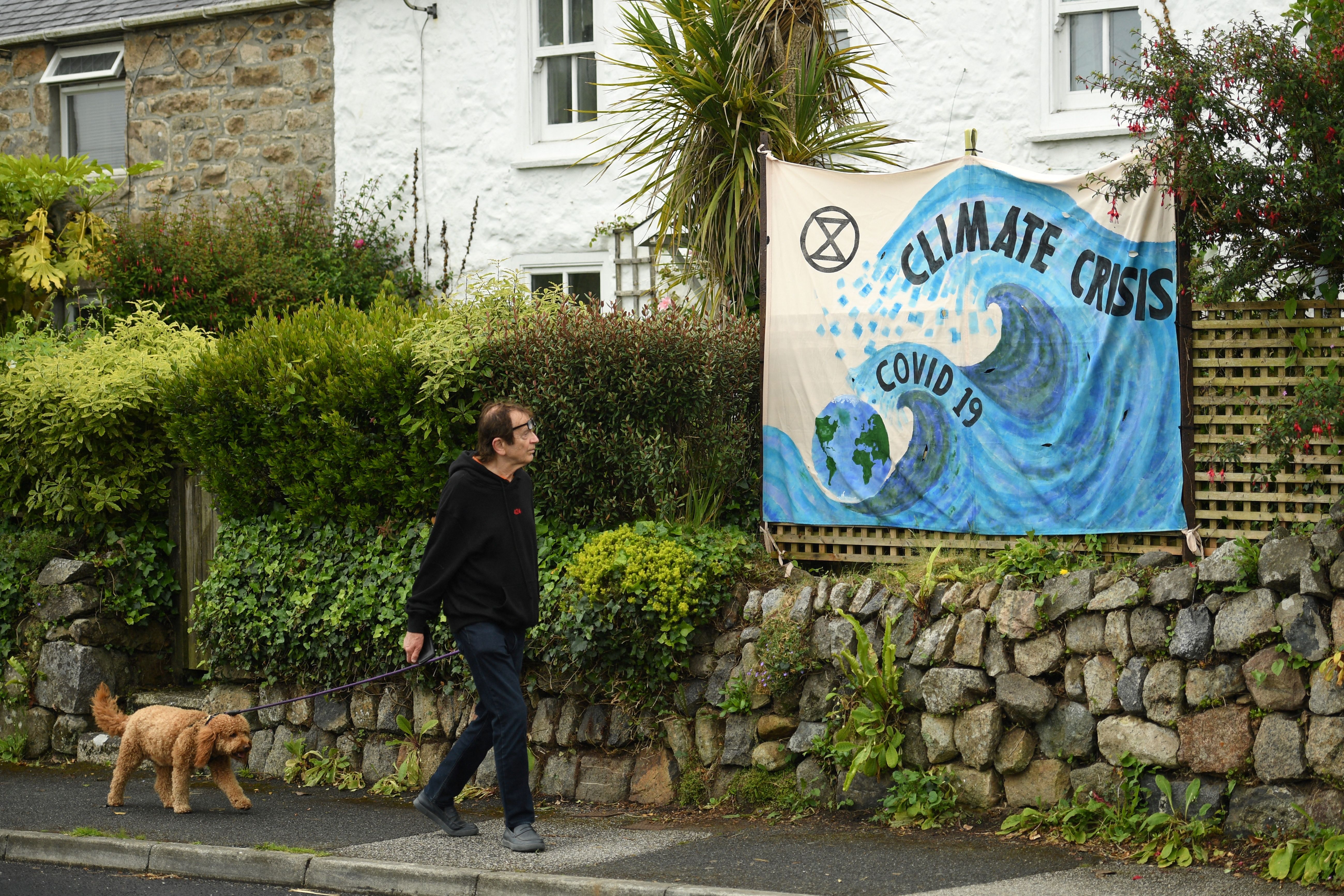Our economic model is broken – but are G7 leaders brave enough to do anything about it?
Leadership means recognising the interconnectedness of so many of the crises we are confronting, facing up to the root cause and coming up with the right response


When G7 leaders meet in Cornwall this weekend, they will have plenty to discuss: the equitable global rollout of Covid vaccines, the rise of China, the climate emergency and how to rebuild economies in the wake of the pandemic.
These are all critical issues. But if the G7 wants to remain relevant and maintain a leading role on the world stage, it needs to do more than come up with piecemeal responses to these huge challenges. It needs to set a lead.
That doesn’t just mean facilitating and funding fair global access to Covid vaccines or launching a climate “Marshall Plan” to support renewable energy projects across the global South to speed up decarbonisation, vital though these are. Leadership goes beyond that and beyond any feel-good slogans that will no doubt pepper the final communique. Leadership means recognising the interconnectedness of so many of the crises we are confronting, facing up to the root cause and coming up with the right response.
We will soon (hopefully) emerge from a global pandemic which has almost certainly been triggered by the exploitation of the natural world. Decades of rampant deforestation, uncontrolled expansion of intensive farming and mining have destroyed habitats, are driving thousands of species to extinction and pushing people into closer contact with wild animals, where 70 per cent of emerging human diseases are found. The ground is being recklessly prepared for future pandemics, perhaps even more deadly than Covid.
We also face a climate emergency with carbon emissions continuing to soar, rising by the second highest rate in 2020 in spite of Covid lockdowns. When G7 nations are responsible for the lion’s share of historical carbon emissions, and Boris Johnson has said climate will be at the top of the G7 agenda, there is a clear responsibility on G7 leaders to tackle emissions.
Behind the deeply interconnected nature and climate crises lies the same fundamental cause: an economic model which values GDP growth above all other measures, and is geared to achieving it.
That is the elephant in the room. G7 leaders need to recognise this and start to address it. With this G7 summit, the UN biodiversity summit and the Cop26 climate negotiations due in November, they have a unique opportunity to set the world on a different course.
Boris Johnson says he wants to unite G7 nations to build back better and greener from coronavirus, but we must also build back differently. If we fail, future G7 leaders face the same agenda as they do this weekend. But the potential to reverse and change course will be vastly reduced, and the ramifications will be far worse.
Building back differently means abandoning a post-Covid stimulus focused primarily on growth, which UN scientists warned earlier this year would jeopardise the temperature goals of the Paris Agreement. It means recognising – as the Treasury-commissioned Dasgupta Review made clear – that no amount of technological progress can make economic growth go on forever. We are part of a finite biosphere, which an economic model based on infinite growth is steadily destroying, fuelling the climate crisis and increasing the risk of future pandemics.
The relentless pursuit of GDP growth has led to, and is designed to, profit the few at the price of the planet and people’s wellbeing. It’s left us with growing inequality, widespread poverty and environmental destruction across the globe.
So what choices should the G7 leaders make? First, end the grotesque subsidising of fossil fuels which during Covid got more support from G7 governments than clean energy.
Second, listen to the science and commit to a rapid reduction in carbon emissions in order to limit global heating to 1.5C and a Fossil Fuel Non-Proliferation Treaty to keep fossil fuels in the ground.
Third, and most fundamentally, face up to the elephant in the room and transform the G7 into a W7, a Wellbeing 7. As a first step, the final communique should include a commitment to adopting alternative indicators of progress and reforming international economic organisations to promote wellbeing economies.
That is what people want in the wake of coronavirus and what the future of our planet demands.
Join our commenting forum
Join thought-provoking conversations, follow other Independent readers and see their replies
Comments
Bookmark popover
Removed from bookmarks